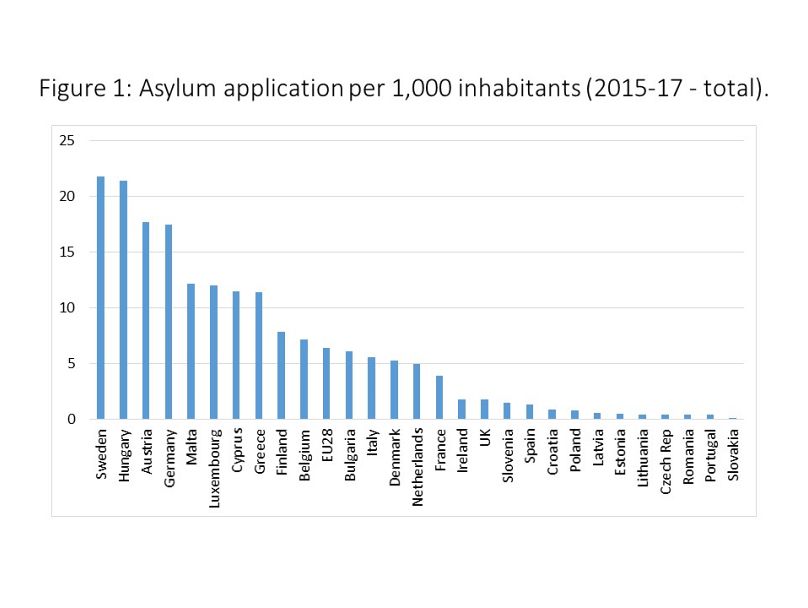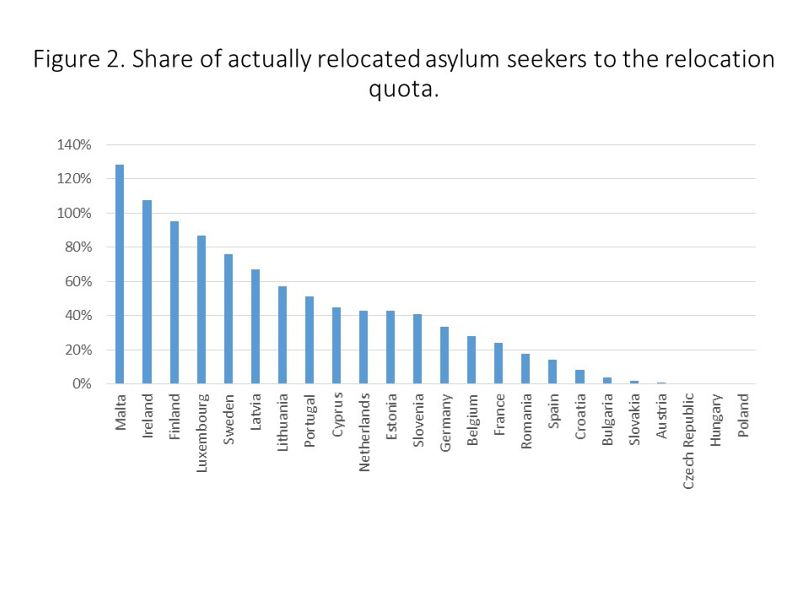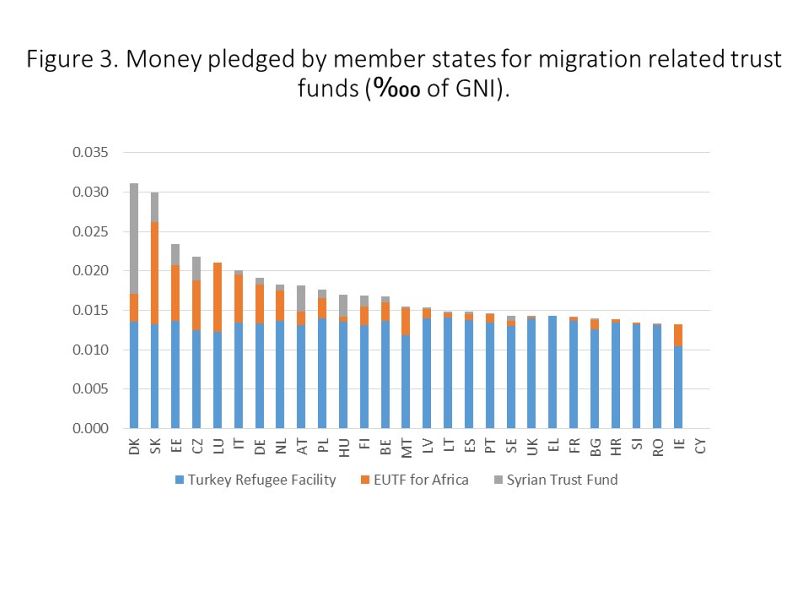Despite their claims, France and Spain have shown little solidarity in sharing the burden of irregular migration.
 ADVERTISEMENT
ADVERTISEMENT
 ADVERTISEMENT
ADVERTISEMENT
That Italy’s interior minister Matteo Salvini would eventually close the ports to rescue boats sailing under a foreign flag was unsurprising. After all, he had promised to do just that, ignoring the law of the sea and the arbitrariness of the decision, which affect some migrants (those on foreign boats) but not others (those rescued by the Italian coast guard). Migrants are routinely transferred between NGO rescue ships and Italian coast guard vessels depending on which is scheduled to reach a port first. In fact, many of the passengers onboard the Aquarius had already been transferred from an Italian vessel just hours before Salvini’s announcement.
What is surprising, however, is to listen to French and Spanish politicians claim the moral high ground on the issue of search and rescue (SAR) and irregular crossings in the Mediterranean. Both countries have firmly resisted entreaties for help from Italy in the past couple of years.
A year ago, as the number of arrivals to Italy via the Mediterranean was on a trajectory to reach 200,000 annually, the then Italian Prime Minister Paolo Gentiloni pleaded with his European colleagues to help host migrants rescued from SAR operations. In fact, he also threatened to close Italian ports to foreign SAR vessels and specifically asked France and Spain to open theirs. Neither were willing to do so, choosing instead to hide behind the oft-repeated mantra of the need for a European solution and solidarity. Ever since that exchange, however, France and Spain have been silent on a common European answer to irregular crossings of the Mediterranean.
READ: Aquarius: What now for the migrants?
Among the old EU15 member states (who received the majority of asylum applications), France and Spain were among the least exposed to irregular migrants in 2015-2017. Spain, for instance, was just ahead of Poland and other newer member states in the number of total asylum applications it received per 1,000 inhabitants in this two-year period. Being relatively rich and large countries in the EU, their solidarity would have made up the bulk of so-called European solidarity. It is true, in terms of asylum seekers, that even Italy has received few applications compared with Germany, but still four times as many as Spain has received.
Both countries also largely stood on the side lines when it came to relocating refugees within the EU, such as the scheme adopted in 2015 to transfer refugees from Greece and Italy to other EU countries. In the end, the overall number of people transferred under that programme, which ran until September 2017, fell well short of expectations. According to the European Commission, however, Spain and France relocated the lowest shares of their quotas of all EU15 countries, with the exception of Austria. France fulfilled 24% of its assigned relocation quota, while Spain fulfilled only 14%, below Romania.
Finally, it is worth looking at contributions to migration-related trust funds established outside the EU budget to which member states contribute on a largely voluntary basis. Three such funds have been created in recent years: the Turkey Refugee Facility (as part of the EU-Turkey agreement), the EU Trust Fund for Africa and the much smaller Syrian Trust Fund.
WATCH: Aquarius migrants express their joy at arriving in Spain
Most countries have made payments under the EU-Turkey agreement in equal proportions to their GNI (on which the EU budget contribution is based). As for the Trust Fund for Africa the EU budget provides close to 90% of the financing, but there are large variations in member states’ individual contributions, which make up the remaining 10% of funding. The rather important objective of the Trust Fund for Africa – it is designed to reduce irregular migration across the Mediterranean – did not prompt France or Spain to contribute in any substantial way. In absolute amounts both countries paid less than Croatia. Italy, on the other hand, is the second-largest contributor in absolute terms after Germany.
All this paints a picture of two Mediterranean countries that have demonstrated precious little solidarity in equitably distributing the burden of managing migration over the past couple of years. As is often the case with migration policy, the moral high ground claimed by France and Spain in this sad saga is much less firm when confronted with real actions. Unfortunately, not only is there too little solidarity within the EU, but there is also too much finger-pointing among member states. It does not bode well for the summit in two weeks.
Mikkel Barslund is a research fellow at the Centre for European Policy Studies.
Opinions expressed in View articles are not those of euronews.













